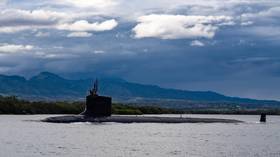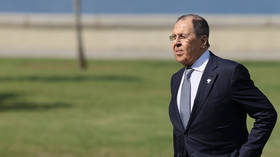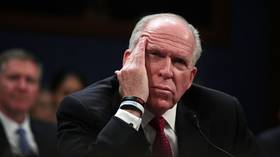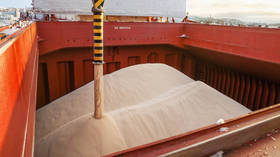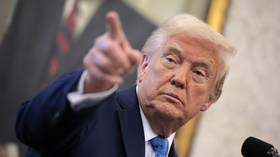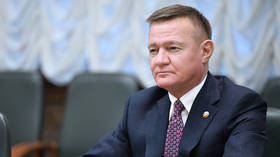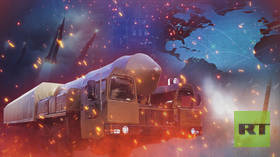Beijing calls US world’s ‘primary nuclear threat’
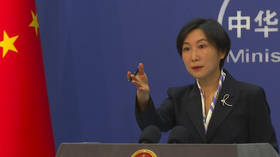
The United States is the top “nuclear threat” in the world, China has said, accusing Washington of seeking to maintain “military hegemony” over other nations after US officials declared the need to reign in Beijing’s much smaller weapons program.
Speaking to reporters during a press briefing on Friday, Foreign Ministry spokesperson Mao Ning was asked to respond after a top security adviser to US President Joe Biden stated the White House needed to “invest China in work to diminish nuclear threats.”
“Calling China a ‘nuclear threat’ is a convenient pretext for the US to expand its own nuclear arsenal and keep its military hegemony,” she said, insisting China has maintained a “prudent and responsible” nuclear policy, in stark contrast to Washington’s.
It is the US who is the primary source of nuclear threat in the world.
Following a foreign minister’s meeting in New Delhi earlier on Friday by the four-way QUAD alliance – consisting of the US, Japan, Australia and India – officials also issued a statement deeming the “use or threat of use” of nuclear weapons “inadmissible.” Though the remark was not explicitly aimed at Beijing, the QUAD grouping, at times dubbed an ‘Asian NATO,’ has frequently pointed to alleged threats posed by China in the Indo-Pacific region.
“China has stated our position on QUAD on multiple occasions. We believe that state-to-state cooperation needs to be consistent with the trend of peace and development,” rather than about creating “exclusionary” regional alliances, Mao continued, going on to note the upcoming nuclear technology transfer from the US to Australia under the separate AUKUS pact.
“The US has also built small blocs reminiscent of the Cold War by bolstering extended deterrence and conducting nuclear submarine cooperation,” she said.
Further steps for the trilateral AUKUS agreement, which also includes the UK, are set to be revealed later this month, with officials hoping for a “seamless transfer” of nuclear propulsion technology from Washington to Canberra. Beijing has previously slammed the deal for advancing “nuclear proliferation” around the world, given that Australia lacks its own domestic capability for the sensitive tech.
